Letter to the Editor: Why I do stand for the pledge
Luke Rowe stands for the Pledge of Allegiance and the National Anthem.
This past August, news spread that San Francisco 49ers quarterback Colin Kaepernick sat during the playing of the National Anthem during a preseason game against the Green Bay Packers. His reasoning was this: “I am not going to stand up to show pride in a flag for a country that oppresses black people, and people of color. To me, this is bigger than football and it would be selfish on my part to look the other way. There are bodies in the street and people getting paid leave and getting away with murder.” It seems Kaepernick has paved the way for many other NFL players to protest the National Anthem. Fellow 49ers player Eric Reid also refused to stand during the anthem, as did Denver Broncos linebacker Brandon Marshall. Several other athletes have also chosen to sit out on the National Anthem, only fueling this controversy. But many outside of the NFL have supported Kaepernick’s decision. Even some students in schools will refuse to stand for the Pledge of Allegiance. In recent years, it feels like there is an ever increasing movement of anti-patriotism, only being fueled by people like Kaepernick. Watching this anti patriotism movement grow is just too harrowing to watch. It feels like Americans are placing their country’s darkest moments in the forefront of their minds, rather than their country’s greatest achievements.
It’s our country’s brightest moments that make me proud to stand during the Pledge of Allegiance or the National Anthem. Think about how many gold medals our country won in this past summer’s Olympic Games. Think of the rover with our flag embossed on it currently on Mars. Think of how we rebuilt after tragedies like Pearl Harbor and 9/11. We never went quietly into the night in those moments; we banded together and rose from those tragedies. Often what many are forgetting when they refuse to stand are the stakes that were overcome to allow them to choose to sit or rise during the Pledge of Allegiance or the National Anthem.
It’s totally legal to refuse to stand during these moments, which is why I have some respect when these people choose to sit. Thanks to 1943’s court ruling of West Virginia Board of Education v. Barnette, students cannot actually be forced to stand during the Pledge of Allegiance. Thanks to the First Amendment, you do not actually have to stand during playings of the National Anthem. However, I can’t bring myself to agree with these people’s actions, especially Kaepernick’s. When you refuse to stand for the pledge or the National Anthem, it feels like a slap in the face.
I stand because our National Anthem was written as a tribute to the sacrifices made for our country. It was written during the War of 1812, shortly after the burning of Washington and the Raid on Alexandria, when Francis Scott Key was inspired at the sight of the flag flying triumphantly over Fort Henry after receiving a pounding by the British army and facing impossible odds to protect American independence. 18-year olds today claim how they feel “oppressed” when 75 years ago, 18 year- olds were fighting the terrifying army of Nazi Germany. They were fighting against the Germans to ensure that they and their families could keep their way of life in America, before it could be obliterated in the hands of evil, tyrannical men. Many Americans lost their lives, but in the end, they died honorably and for a just cause.
Thinking of these sacrifices is why I will always stand for the Pledge of Allegiance and for the National Anthem. What upsets me the most are the remarks so many make about the police and the military. My father, being a police officer, takes these comments personally. I remember a time when my father and I were returning home when we witnessed an accident on the other side of the highway. My father jumped out, crossed the highway to help those people, without knowing their race, religion or ethnicity. He did not ask— he just did what needed to be done. He and so many other police officers protect our local communities from crime and help people every day. Not to mention the military who rise to fight for our rights, so that people like Kaepernick can sit during the National Anthem.
What upsets me even further is the dark cloud of hypocrisy surrounding Kaepernick’s statements. He claims how nothing is done about the “oppression” of people of color. Is his multimillion dollar career not proof that there isn’t oppression against people of color, considering he himself is half- African American? Or what about the fact that our own president, Barack Obama is himself African American as well? Jackie Robinson, a 1940’s baseball player for the then Brooklyn Dodgers, was oppressed. He was constantly booed at, was taunted at from the crowds, and had objects thrown at him. But he never gave up. He prevailed, and paved the way for African American athletes. When thinking about people who speak of how bad this “oppression” in America is, while doing nothing to end it, I think of a very iconic quote from former President John F. Kennedy: “Ask not what your country can do for you, but what you can do for your country.” That is a quote to live by, because it instructs us to fix any problems in our country, rather than just hoping our country can fix its own problems. I think our country should take this quote into consideration when thinking about all of the problems within it.
So next time you consider sitting out on the National Anthem or the Pledge of Allegiance, take a moment to think about what makes you decide to do this. I think it is good if you want to support change, but this is the wrong way to go about it. Take time to think about whether this cause overshadows all the success our country has had. Our beliefs led us to fight for independence in 1776. They led us to space and back, they led us to conquer in the Olympics, and they led us out of tragedies like Pearl Harbor and 9/11. Our nation has banded together to fight for Civil Rights and LGBT equality. All of these reasons are why I stand when I hear the Pledge of Allegiance or the National Anthem. I stand, not to avoid ridicule, but because I believe we can prevail through duress and controversy and still stand together as a nation. I understand that my ability to stand in these moments only exists because brave men and women stood up and faced the impossible— a successful fight for freedom.


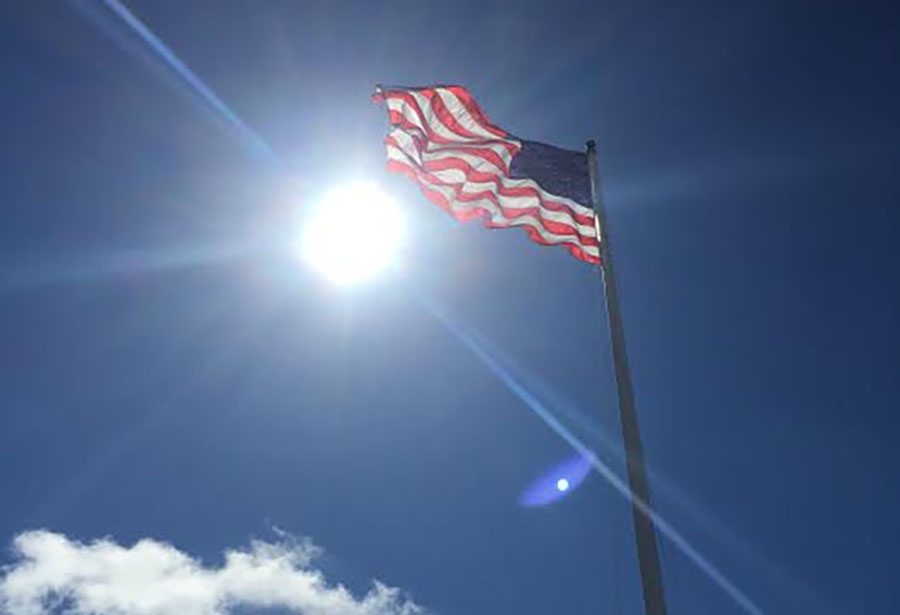
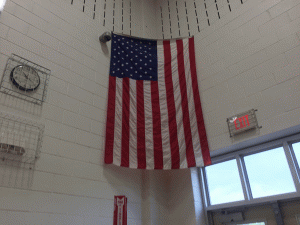

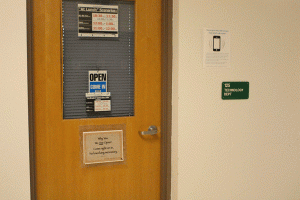
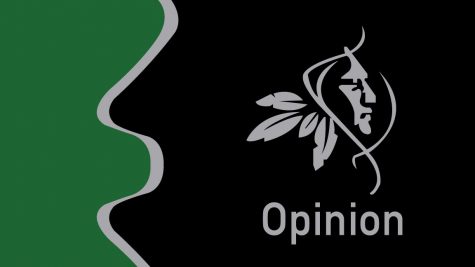
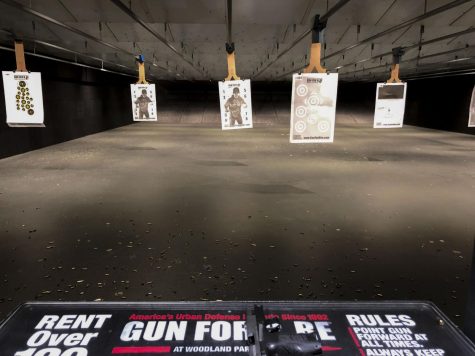
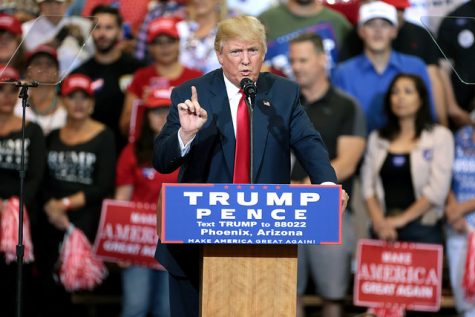


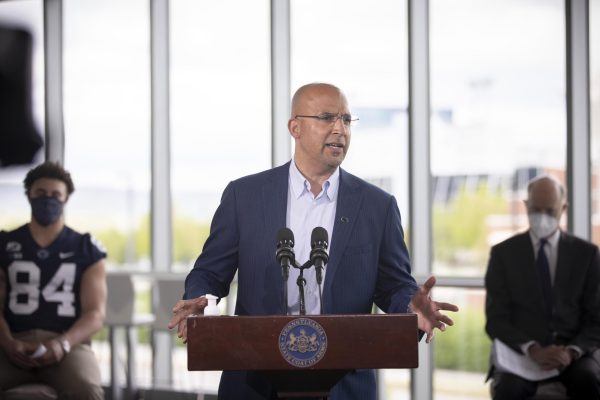



Loagn Giordano • Oct 13, 2016 at 1:36 pm
Very well said.